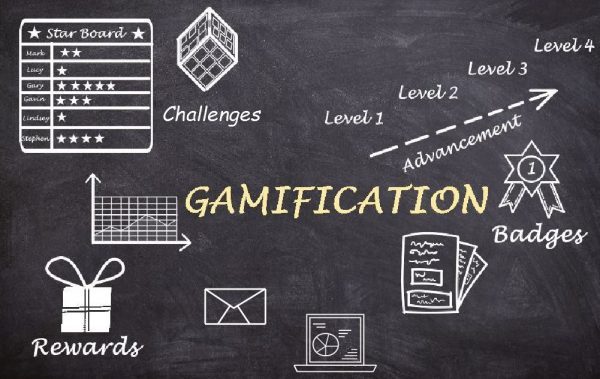In the week 2 discussion for ITL 608, we were to differentiate among formative and summative assessments and give examples of how each might be used in our own expected teaching situation. What are some issues that could affect the reliability of classroom assessment? What are some issues that could affect the validity of an assessment? What are some examples of bias that we have experienced in assessment situations?
Educational assessment uses both formative and summative evaluations, though they serve different purposes. Formative assessments are ongoing and designed to guide instructional adjustments during the learning process. In a 10th-grade math class, this could mean quick quizzes to gauge understanding, exit tickets summarizing key takeaways, or in-class discussions where students explain math concepts. Assessments like these are diagnostic, so teachers can see what needs to be improved.
Summative assessments, on the other hand, are used to evaluate student learning at the end of an instructional period. In the same math class, summative measures could include comprehensive end-of-unit tests, midterms, or even standardized examinations encompassing a wide range of topics. These are often used to give grades or certify competence.
However, these assessments are subject to various factors affecting their validity and reliability. A test’s reliability can be compromised by inconsistent test conditions, like distracting noise levels, or student-specific factors like fatigue. Variations in scoring, especially with subjective questions, can also introduce inconsistencies. The validity of an assessment depends on how well it reflects a student’s understanding. Assessments that don’t cover all necessary content don’t have content validity, and assessments that don’t predict future performance don’t have predictive validity. Moreover, cultural or socioeconomic biases in questions can undermine validity since they might inadvertently test familiarity with cultural contexts or experiences instead of academic concepts.
Assignment Grade: 5/5



